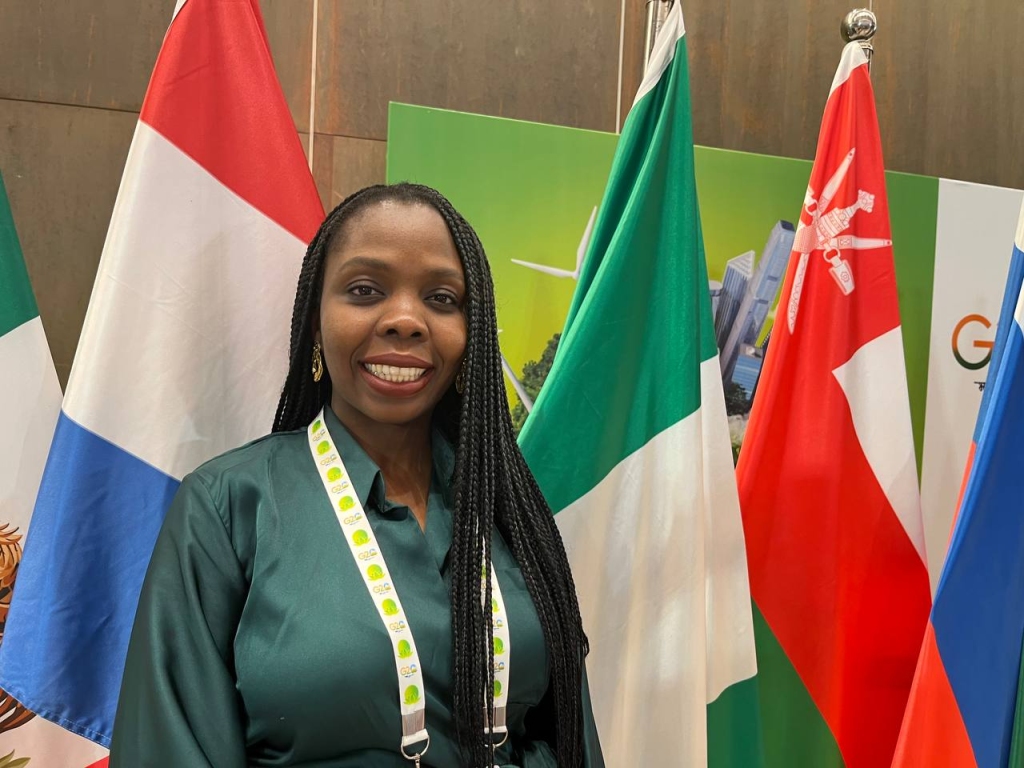
In the highly anticipated W20 Summit centred around technology and empowerment, Ifeoma Uddoh, a prominent figure in the field of gender equality and innovation, shared her insights on the potential of emerging technologies to bridge the gender gap and drive positive change.
The conference, attended by thought leaders and experts from various sectors, provided a platform for Ifeoma to highlight the transformative capabilities of technologies such as artificial intelligence, blockchain, and the Internet of Things. These innovations, she emphasized, are poised to reshape industries ranging from healthcare and education to agriculture and finance.
Ifeoma’s passion for empowering women through technology was palpable as she discussed the opportunities that these advancements present. She underscored the importance of utilizing these tools to unlock new avenues for women’s economic empowerment, access to crucial information, and participation in decision-making processes.
The panellist session was moderated by Suma Chandler and it proved to be quite insightful. The panellists spoke about issues regarding women’s representation in technology and how best to combat them.
In a dynamic and enlightening panel discussion, a group of accomplished women in the tech industry like Simonetta Zarrilli, Laureline M Joseph, Ifeoma Uddoh, Veronica Kamanja Nico and Maria Gracia, convened to dissect the latest advancements and challenges within the technology landscape. With diverse expertise and experiences, they explored critical issues and charted a course forward.
The discussion kicked off with an exploration of recent technological breakthroughs, ranging from artificial intelligence and machine learning to blockchain and quantum computing. Panelists delved into the potential of these innovations to revolutionize industries and improve everyday lives. They highlighted the need for ongoing education and adaptation to harness the power of emerging technologies.
As the conversation deepened, the gender disparity within the tech sector emerged as a significant issue. Drawing from personal experiences, the panellists explored strategies to encourage more women to pursue careers in tech and stem the gender gap. Initiatives such as mentorship programs, coding workshops for girls, and inclusive recruitment practices were among the proposed solutions.
The panellists united in their call for diversity as an essential driver of innovation. They celebrated the positive strides made but underscored the importance of fostering inclusive environments that value diverse perspectives. This, they argued, could lead to more ethical tech solutions, unbiased algorithms, and products that cater to a broader range of users.

A key takeaway from Ifeoma’s discourse was the significance of involving women in emerging technologies design, development, and governance. She stressed that true empowerment goes beyond granting access; it necessitates women’s active engagement in shaping the digital landscape to avoid perpetuating existing gender disparities.
The audience was left inspired by Ifeoma’s compelling message of harnessing technology’s potential to create a more inclusive and equitable digital future. Her vision aligns with the broader goal of transforming societies and economies by leveraging innovation for positive change.
In their concluding remarks, the panellists agreed on the need for collaborative efforts among governments, industries, and academia to address these challenges. They stressed the importance of open dialogues and multidisciplinary collaborations to shape policies that keep pace with technological advancements while safeguarding society’s best interests.



